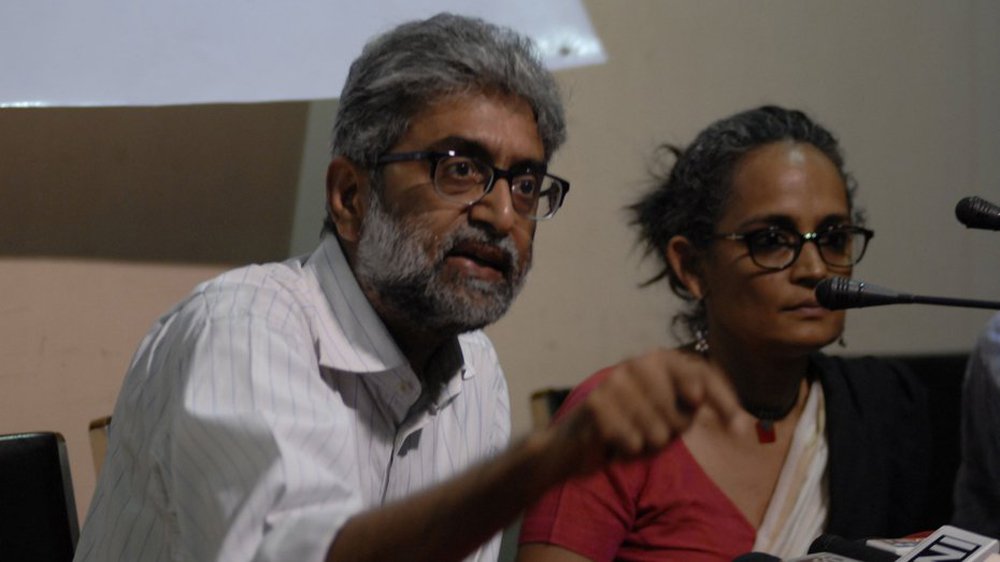The Madras High Court recently issued an order directing the Tamil Nadu State Bar Council to take disciplinary action against solicitors who conduct secret marriages in their offices or union offices and issue marriage certificates.
In the order issued on May 5, a vacation bench consisting of Justices M Dhandapani and R Vijayakumar of the Madurai bench of the High Court reiterated that such marriages and the marriage certificates issued in connection with them are not valid as per the decision of the Supreme Court.
The bench also stated that all marriages, including those performed under the “self-respect” provision, must be registered in accordance with the Tamil Nadu Registration of Marriages Act, 2009, and the parties involved must appear physically before the Registrar.
The self-respect marriages were legalized in Tamil Nadu in 1968, and they require the consent of both parties who meet the minimum age requirement, and eliminate upper-caste priests and elaborate rituals. However, these marriages must also be registered according to the law.
“We are wondered as to how the advocates are authorised to perform special marriages in their office or Trade Union?” the High Court stated.
It cited the apex court’s 2014 ruling in the case of S Balakrishnan Pandiyan vs. The Superintendent of Police, in which it was determined that marriages performed in secret in the offices of advocates and bar association rooms do not constitute solemnisation as required by law.
“The Bar Council of Tamil Nadu is also directed to initiate disciplinary action against the lawyers who are conducting these types of marriages all over Tamil Nadu by issuing fake certificates after providing opportunity to them within a period of three months from the date of receipt of a copy of this order. The Law Enforcing Agency is also at liberty to proceed against the lawyers who are performing these types of marriages as well as the petitioner in the manner known to law,” the Court said.
The court recently heard a habeas corpus petition filed by Ilavarasan under Section 7-A of the Hindu Marriage Act of 1955. He claimed that his wife had been forcibly detained by her parents, even though they had gotten married in the presence of advocates and office bearers of the Trade Union. He also stated that the couple had been issued a self-respect marriage license by the advocates.
However, the court declared that the marriage was invalid and ordered the Bar Council to take disciplinary action against the solicitors involved in the case by serving them with notices. Additionally, the court directed the Bar Council to initiate action against all solicitors in the state who perform such marriages.


